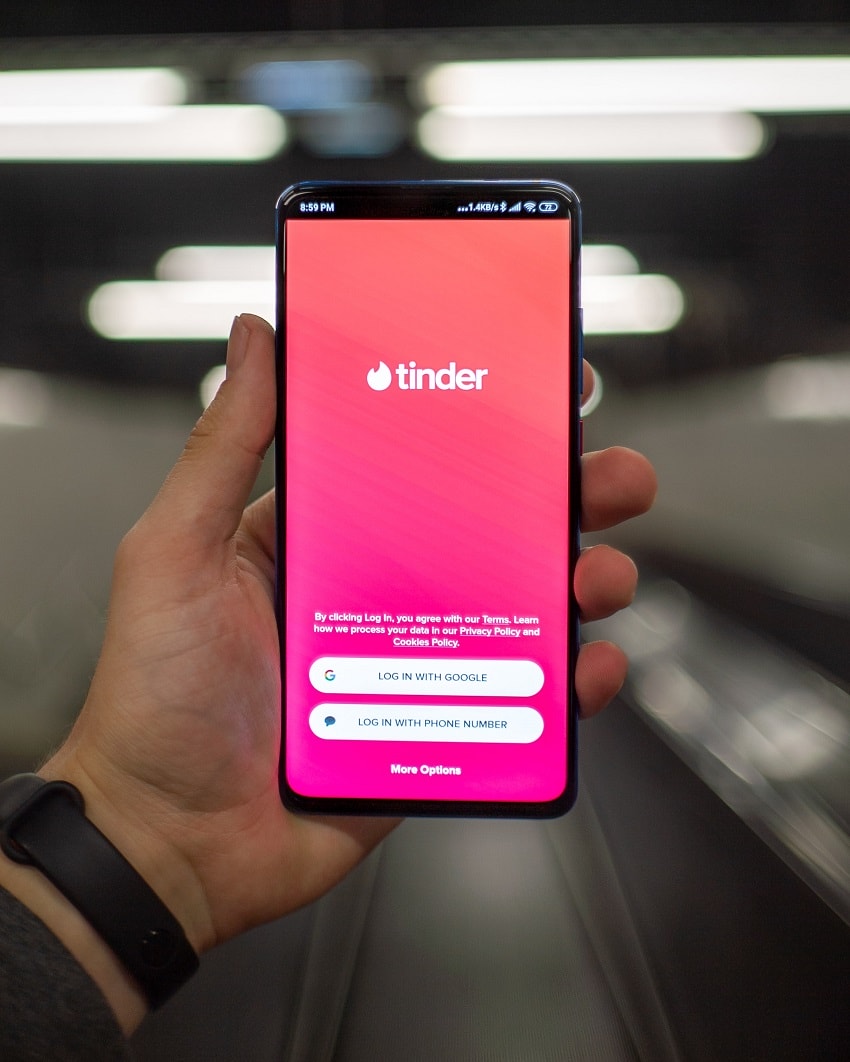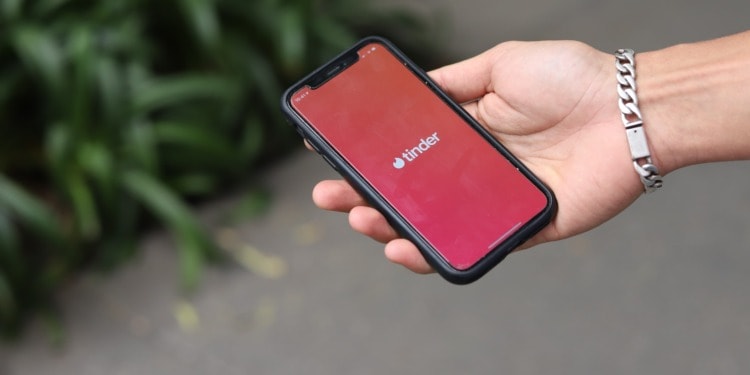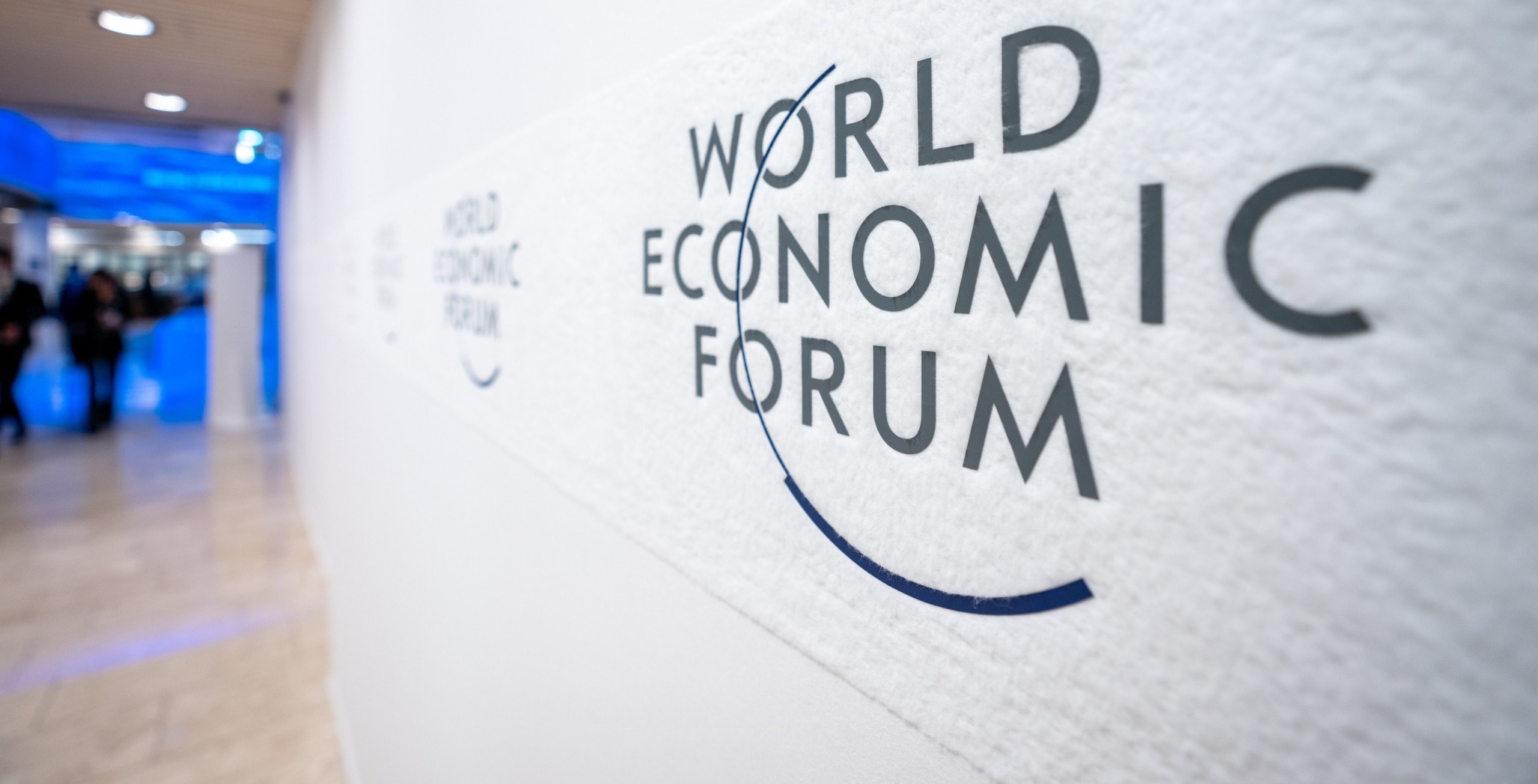The quest for a life partner can be challenging and the global pandemic did not play in our favor. How were we supposed to meet our soulmate when in lockdown and in pajamas all day long? Online dating apps happened to be the short answer to this question.
It is therefore not surprising that digital love brokers experienced a renaissance thanks to Covid-19, with market leader Tinder reporting 2020 as its busiest year ever and competitor Hinge tripling its revenue.
These new ways of matchmaking fill an important role in an ever more hectic lifestyle that transitions towards digital existence (as of 2020, 26% of newlyweds met online).
The influx of new users prompted online dating platforms to move away from their original ideas. They went from being a place for casual meetups to spaces where one can express themselves in terms of sexuality, gender, race, and beyond. But what’s shiny on the outside is not necessarily as polished on the inside. Do online dating platforms also walk the talk when it comes to their own employees?
So we could not help but wonder… if Tinder had a sustainability profile, would we swipe right?

What does the data tell us?
Although we’d be keen to further examine the more recent app, Bumble, which made headlines with its female empowerment approach to online dating and employee-friendly policies (you may have heard of its new “unlimited paid holiday and collective week-long leaves” policy), the company’s sustainability information is too sparsely available to build a reliable non-financial profile from it.
RELATED ARTICLES: The Future of Skiing in a Warmer World | Tesla Removed From S&P 500 ESG Index, Musk: “ESG Is a Scam” | “Woke Capitalism” — the Latest Disinformation Campaign in America |
Exchange-veteran Match Group, the company behind Tinder and Hinge, Bumble’s biggest competitor, has sustainability scores that suggest room for improvement. Within the roughly 8,400 companies of the Arabesque S-Ray United Nations Global Compact Universe, the company ranks in the bottom 9%. Seemingly important dimensions like Diversity, Employment Quality, Human Rights, and Labour Rights are also well below the neutral point of 50/100. Labour Rights drop as low as 26/100.
Tinder’s culture drove away one of its co-founders, who later sued the company for sexual harassment. She goes by the name of Whitney Wolfe Herd, the founder of Bumble!

What can we do?
When it comes to matters of the heart, follow your feelings. But when it comes to sustainable investing, we suggest following the data.
Even though current sustainability credentials in the online dating world are all but impressive, the new ways of finding love seem to be here to stay and their apps to become platforms for much more than just matchmaking — shown by the options to express one’s position as part of certain movements or whether the Covid-19 vaccine has been received.
For investors, online dating offers a pragmatic path into the social dimension of “ESG”. It is a great opportunity at least on a portfolio level. May the best “sustainability dating profile” win!
This article was also co-edited by Nicolas Schild (RAM Active Investments)
Editor’s Note: The opinions expressed here by the authors are their own, not those of Impakter.com — In the Featured Photo: Tinder & Sustainability: is it a match? Featured Photo Credit: Unsplash.







